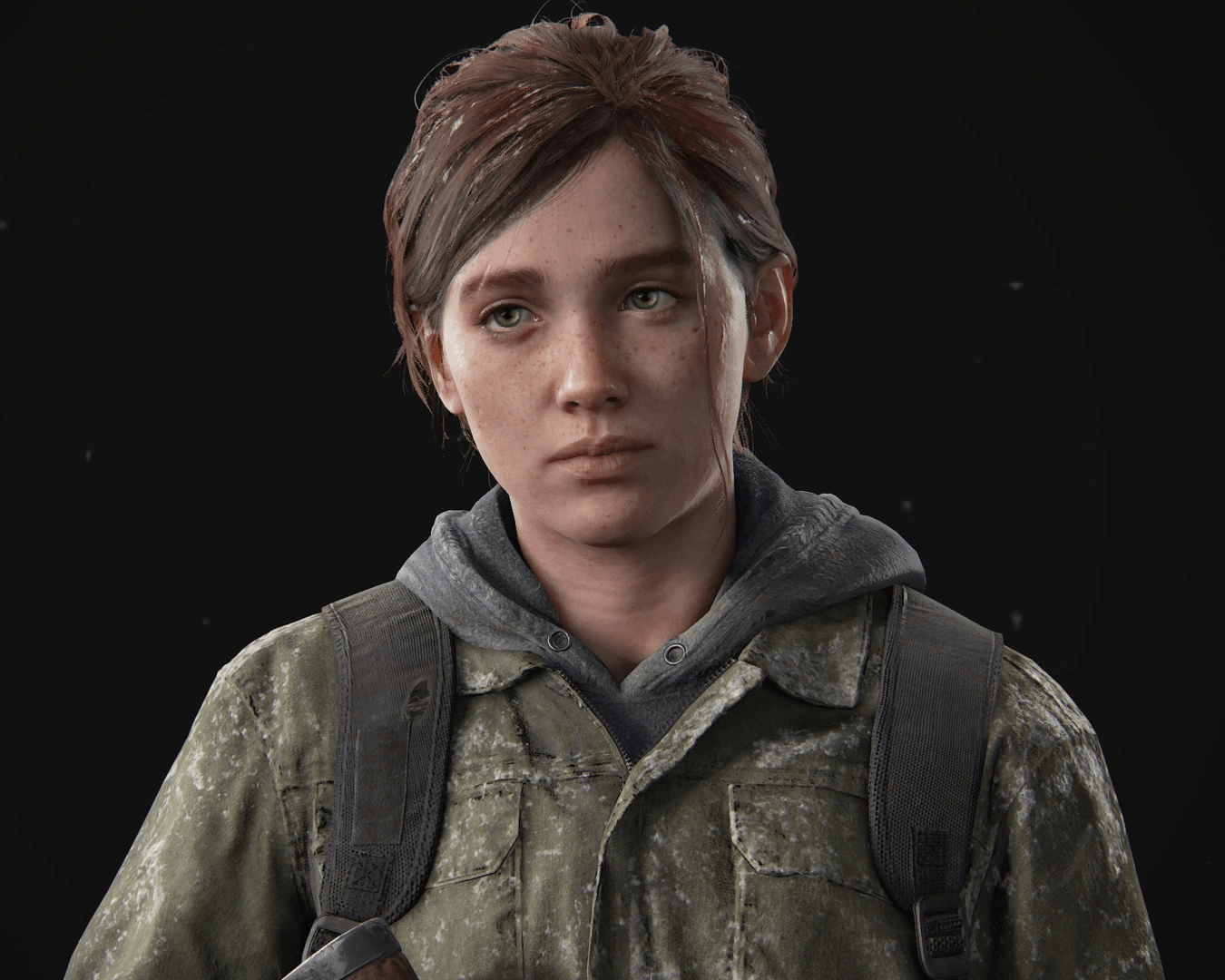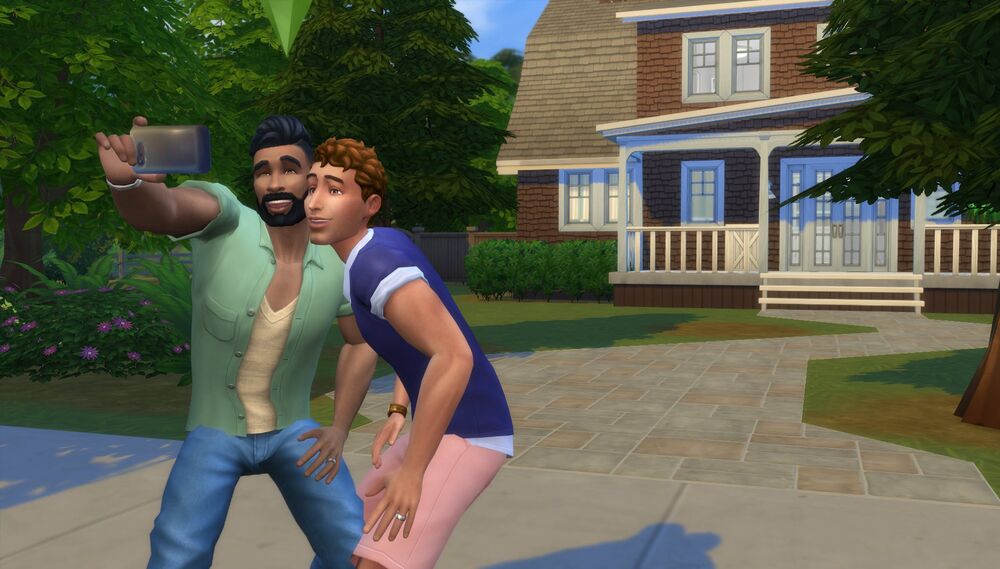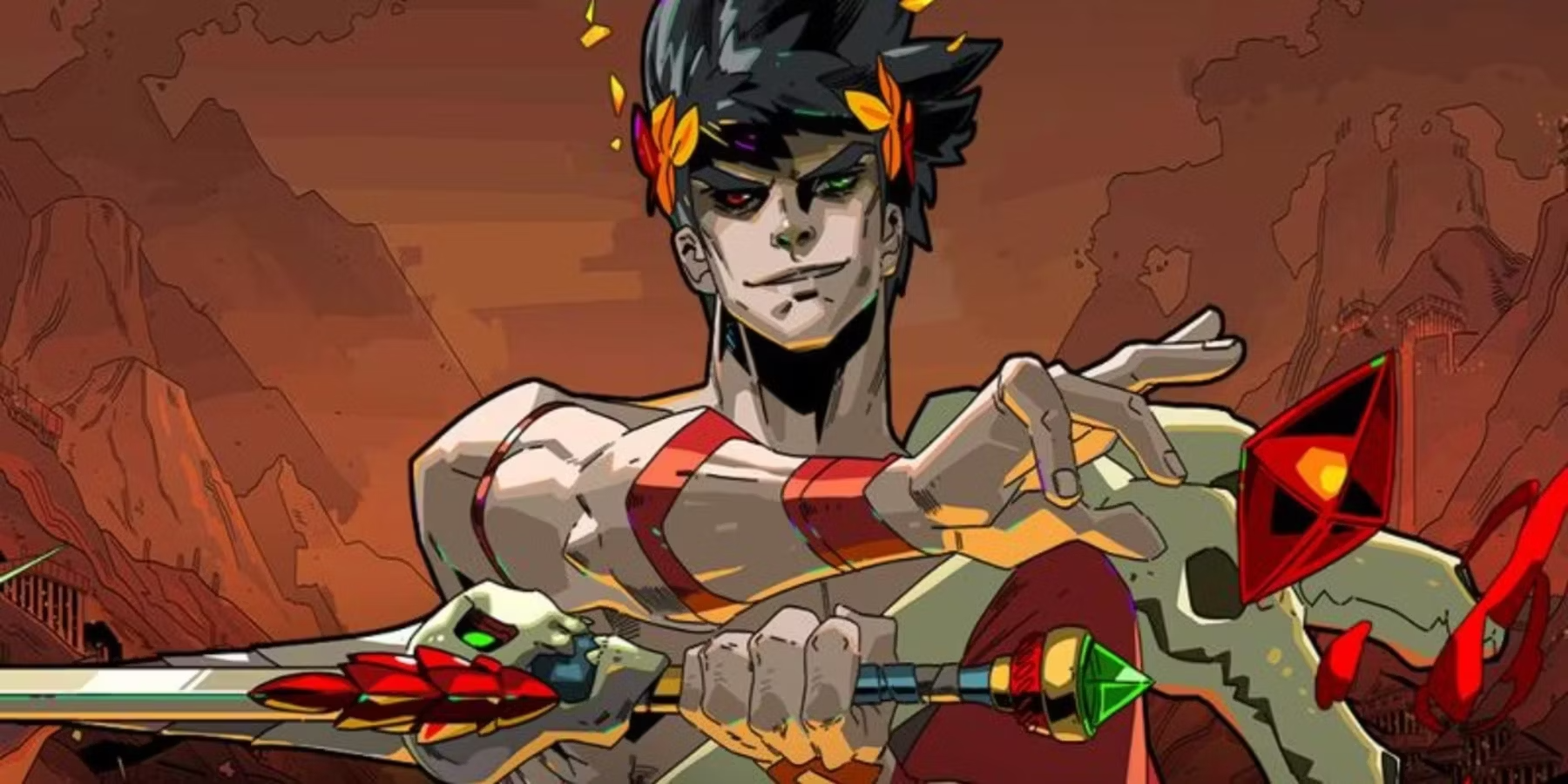Our 4 Favorite Queer Video Game Characters

The best of the gaymerverse
Everybody plays video games.
Well, maybe not everybody. But certainly most! One recent study found that 66% of Americans from all backgrounds reported playing video games. And in that massive pie slice of the American gaming world, a huge portion of those gamers are queer. Until quite recently, though, the diversity of the gamer population was not reflected in games themselves, which generally starred white, gun-slinging heterosexual men.
But things are changing, and queer folks are becoming more visible in the gaming industry, which is amazing news for players of marginalized gender identities. From the safety of their home screens, queer players can transform through their game avatars, expressing themselves in ways that might not yet feel safe in public. Slowly, games are giving players more options to create characters that reflect them, expanding binary gender selection and allowing for nuanced gender expression, helping gamers explore their queerness in safe, virtual spaces.
This Pride Month, we’ve gathered four of our favorite queer video game characters to honor the progress that the gaming industry has made in queer representation. We can’t wait to see the fantastic queer characters that await us in this year’s game releases!

1. Anyone in The Sims
When The Sims — a wildly popular life-simulation game — was first developed, its designers decided to remove same-sex romantic interactions as an option between characters. But that message never got to Patrick J Barrett III, a gay programmer working on the game a few years later. As a result, at a live expo in 1999, a roomful of journalists witnessed a lesbian wedding occurring on The Sims. The developers of the game anxiously awaited punishment from studio executives, but it never came — and so, The Sims became one of the first video games to portray queerness. Now, The Sims has become a deliberately queer and trans-inclusive game: players can choose their pronouns and design characters that reflect a wide range of gender expressions, catering to one of the most diverse player communities in video games.

2. Ellie in The Last of Us
The Last of Us immerses players in a post-apocalyptic world, in which a fungal infection has swept the globe, colonizing people’s minds in a manner reminiscent of a zombie plague and bringing modern infrastructure crumbling to the ground. Ellie is a fiercely beloved character by all who’ve played the game; she’s a resilient, vulnerable, ruthless, loyal, precocious young woman who also has two queer love interests over the course of the franchise. In HBO’s sensational TV adaptation of the game, viewers witnessed Ellie’s first kiss with Riley, her childhood sweetheart and a fellow orphan in post-zombie-apocalypse America. As an amazing bonus, The Last of Us also features middle-aged queer couple Bill and Frank, who were brought to life in the HBO series by Murray Bartlett and Nick Offerman.

3. Zagreus in Hades
In Hades, players embody Zagreus, the rogeuish Prince of the Underworld, as he romps through the many levels of hell, trying to escape the clutches of his dad. It’s a ridiculously fun dungeon-crawler, striking the perfect balance between strategy and story, featuring a colorful cast of characters from Greek mythology. There’s tons of gut-clenching, high-octane combat, but the heart of the gameplay lies in advancing relationships, as Zag fights to reunite Achilles with his life-long partner, Patroclus, or Orpheus with his long-lost muse Eurydice. And did we mention? Zagreus is a pansexual prince, a snarky god whose romantic history is as queer and vibrant as the denizens of Olympus.

4. Tyler Ronan in Tell Me Why
One of the first mainstream games with a trans protagonist, Tell Me Why is a narrative adventure game set in small-town Alaska and follows twins Alyson and Tyler as they reunite after a decade apart. When the twins come together to sell their childhood home, they realize that they do not share the same memories of their past, and they must work to solve the mystery of their troubled childhood. Alyson and Tyler are connected by a supernatural tie called “The Bond”, which allows them to share emotions, thoughts, and memories. The player can make choices throughout the game that strengthen or weaken “The Bond”. In creating Tyler, the trans protagonist of the game, the developers meticulously researched the trans experience with the help of multiple trans creators and consultants. The quality of their work — and the number of trans gamers who have seen themselves reflected in Tyler — is a testament to the value of collaborating with designers with diverse lived experiences in creating gripping storylines.
Want more queer coder content? Check out our blog post on queer pioneers of computer science.